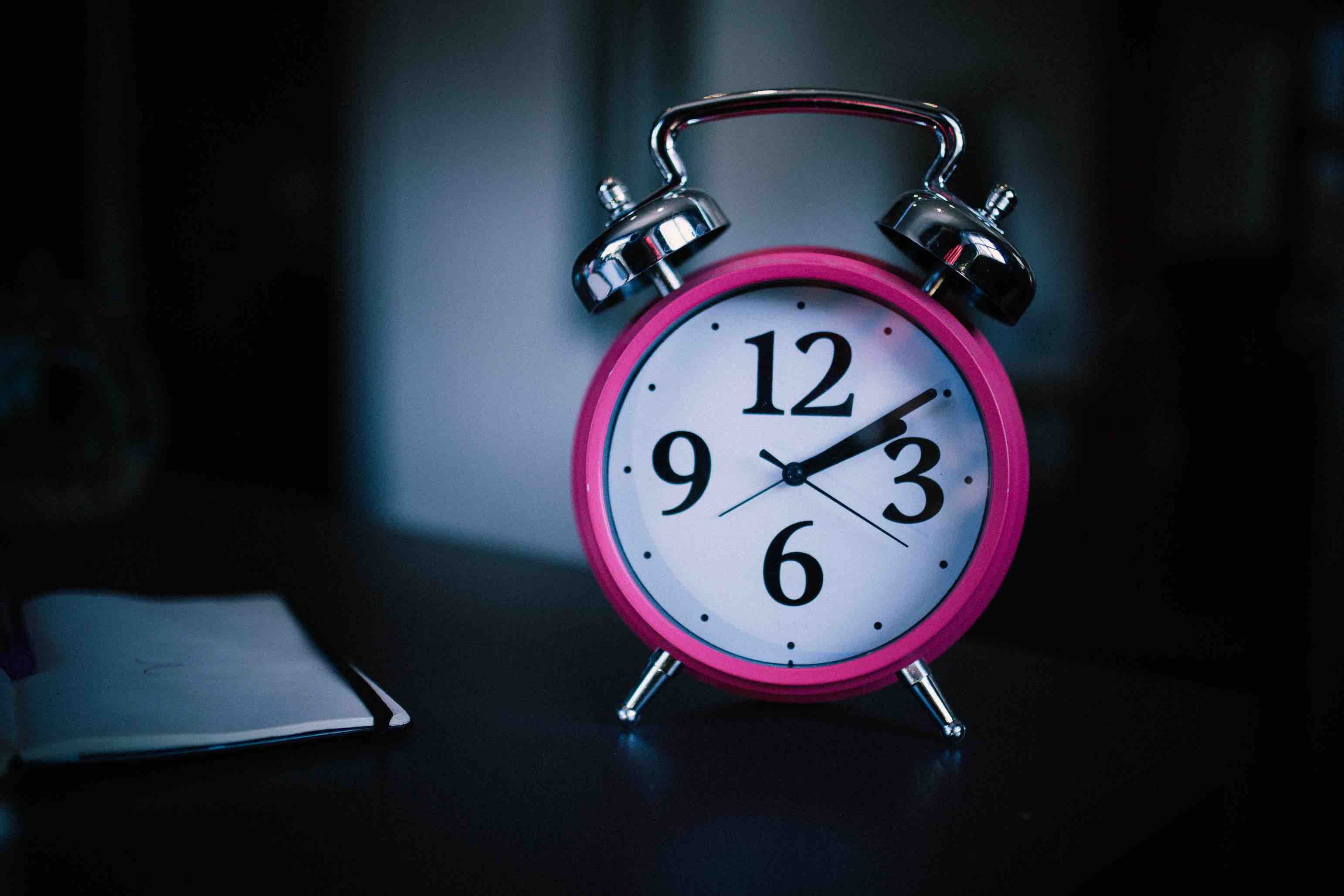
We all have decisions to make daily, regardless of our seniority within an organisation or community. Our decision making paths are deeply personal, but most decisions have positive and negative ramifications for others, as well. Quick decisions let others move faster, but considered decisions can lead to better long-term outcomes. So, when you have a decision to make, should you act quickly or take your time?
The benefits of acting quickly:

1) Get more done
In a recent Mckinsey & Company study, respondents said they spent all day making decisions. If this feels familiar, then you may not feel you can procrastinate. Waiting could put your organisation’s growth at risk.
2) Eliminate bottlenecks
No individual or team likes to wait for others, or have to chase for input. A culture of fast decision making can make everyone happier and more productive.
3) To win, be quick
Mckinsey also found that of the companies who excelled at decision making, the winners make good decisions fast, execute them quickly, and see higher growth rates and/or overall returns from their decisions.
4) Maintain your competitive edge
We live in a world where competitive advantage lasts 5 minutes. Blink, and you have missed an opportunity. Accordingly, fast and roughly right decision making may be better than precise but slow deliberation.
The benefits of taking your time:

1) Avoid ‘fight or flight’ mode
Big decisions often come hand in hand with feelings of insecurity and anxiety. When feeling like this, we tend to either ‘fight or flight’. While these are instinctive reactions, they can lead to sub-optimum results for us and others. Take time to calm yourself and come with a fresh perspective.
2) Rest makes the right call easier
A recent experiment simulated how insufficient sleep impacts decision making. Twenty-six individuals took part, half of the participants were deprived of sleep and half had normal sleep cycles. Over 6 days, they conducted specially designed reversal learning tasks to test their ability to use feedback to guide future decisions. The sleep-deprived individuals tried to make the right decision, but their sleeplessness created neural short-circuits that prevented them from making the right choice. Rest is critical to functioning.
3) Two heads are better than one
You are surrounded by skilled individuals who can help you make the right choice.
4) Time can yield information
By not rushing we have a chance to recall, uncover or be presented with new information. While you can’t wait forever, time allows research to ensure you have all the facts.
Conclusion
The devil is in the details. Focus on the quality of the decision first. A high-quality decision can be made quickly or slowly, but a faster decision of high quality is always better than a slower decision of any quality.
N.B. Kalido can connect you with skilled individuals in your community or enterprise who can input all of your decision

